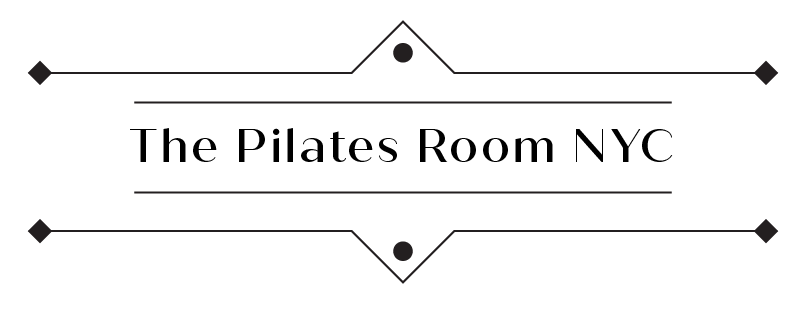Pilates and Aging: Gaining Strength, Longevity and Confidence
The Wispy Ease of Youth
When you’re young, it’s easy to believe that your body can do anything—you can eat and drink obscene amounts of sugar, dairy and alcohol without much change in energy or digestion; you can stay up all night and not be incapacitated by fatigue the next day; and your injuries heal much quicker and with much. less. suffering. When you’re young, it’s hard to imagine a day when you’ll throw out your back by lifting a laundry basket or twist an ankle by stepping off of a curb.
As we age, we lose muscle mass and bone density and experience decreases in balance and flexibility. It can be tough to accept these changes when we notice them creeping into our body and affecting our life, but giving up exercise completely—out of frustration—can accelerate stasis. As humans, we are meant to be mobile. Movement is the currency of health, and once it’s limited, our world becomes smaller.
Flexibility and the Need to Move
One of the most noticeable effects of aging is a decrease in flexibility. Our muscles and connective tissues lose elasticity as we age, and this can lead to stiffness and discomfort. Once we start feeling these aches and pains, it may be tempting to limit our movement altogether. However, with a doctor’s blessing, this might be the perfect time to start a brand new practice—one that emphasizes controlled, deliberate movement, which can help stretch and lengthen the muscles in a safe and effective way. Enter: Pilates.
By regularly practicing Pilates, you can maintain (and perhaps even improve!) your range of motion as you age. A greater range of motion helps you perform those necessary movements that you didn’t think twice about in your youth: picking up a sock from the floor, say, or reaching for a sweater from a high closet shelf.
Balance + Coordination are Key
In addition to flexibility, balance naturally declines as we age, especially if we don’t make it a point of focus during workouts. Many older adults live with the fear of falling; this fear can prevent them from moving around, even in their own home, which can, in turn, further limit their range of motion and ability to balance.
Pilates exercises engage multiple muscle groups simultaneously—especially those stabilizing muscles around the hips, knees, and ankles. Pilates also helps strengthen the muscles of the core. A strong core helps you stabilize your body and maintain posture, as you move through space.
You don’t Have to Workout Like Arnold
I know what you’re thinking…how can Pilates help with bone health? Don’t I need to be powerlifting to promote bone density? Lifting weights is a great way to keep bones healthy, but Pilates *also* uses weight-bearing exercises of varying intensities that can build strength and stimulate bone production. The good news is that you don’t have to become a bodybuilder once you hit 50. Pilates is a safe, low-impact way to help develop good bone health.
Reduce Stress and Be Present
Movement at any age can snap you out of a funk. Sometimes just leaving the house and going for a walk can lift the emotional gloom of being human. This is even more important as we age and become more susceptible to stress, anxiety and depression. The deep and deliberate focus required for Pilates, as well as the attention to motion and breath, can shift the mental needle, improve circulation and result in a calming effect on the nervous system. Performing the proper movements in the correct sequences will require you to focus your attention on your body, helping you stay in the moment.
Try Pilates!
Unlike full-tackle football, ice hockey, and rugby, Pilates is low-impact and safe to practice at any age. Even if you’re experiencing limited mobility, there are plenty of modifications and tools (like props and resistance bands) to support your practice.
Taking up a low-impact movement practice like Pilates as you age will help you keep up your flexibility and strength. Relying on your body to help you move unflappably through the world ultimately allows you to maintain independence and a higher quality of life.

